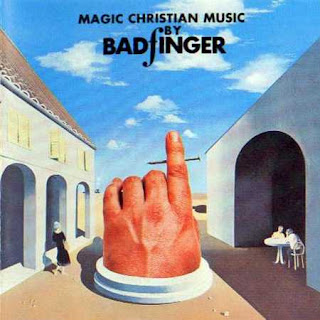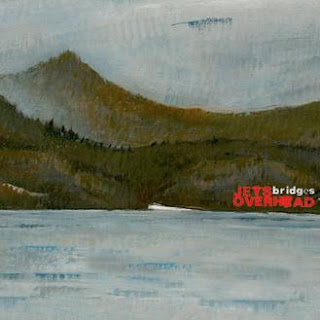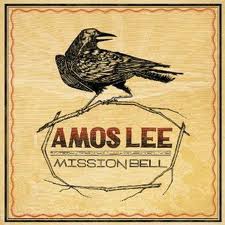This is what I like to call acoustic music with attitude. Mumford & Sons was named in honor of their front man, Marcus Mumford and the “& Sons” was added to give it the flair of an old family business. “Roll Away the Stone” was released as the bands fourth single from their LP “Sigh No More”; earlier this month, it was released in the US as their third single.
Last year their debut LP was the Mercury Prize for the best LP released in Great Britain and Ireland. National Public Radio’s “All Things Considered” rated the album as the eighth best for 2010. Early 2011, saw the band win the BRIT Awards “Best British Album” for the year. In the US, it has been the tenth most downloaded album to date.
Coming from the West London Folk Scene, Mumford & Sons features Mumford on vocals, guitars, mandolin, and drums; Ben Lovett on vocals, keyboards, accordion, and drums; Winston Marshall is featured on vocals, banjo, and Dobro®; and Ted Dwane on vocals, bass, guitar, and drums. This video of “Roll Away Your Stone” was recorded at the Bonnaroo festival in Manchester, Tennessee just a couple weeks ago.
Lyrics
Roll away your stone, I’ll roll away mine
Together we can see what we can find
Don’t leave me alone at this time,
For I am afraid of what I will discover inside
You told me that I would find a home,
Within the fragile substance of my soul
And I have filled this void with things unreal,
And all the while my character it steals.
The darkness is a harsh term don’t you think?
And yet it dominates the things I seek.
It seems as if all my bridges have been burned,
You say that’s exactly how this grace thing works
It’s not the long walk home that will change this heart,
But the welcome I receive with every start.
The darkness is a harsh term don’t you think?
And yet it dominates the things I seek.
The darkness is a harsh term don’t you think?
And yet it dominates the things I seek.
The darkness is a harsh term don’t you think?
And yet it dominates the things I seek.
Stars hide your fires,
And these here are my desires
And I will give them up to you this time around
And so, I’ll be found with my stake stuck in this ground
Marking its territory of this newly impassioned soul.
But you, you’ve gone too far this time
You have neither reason nor rhyme
With which to take this soul that is so rightfully mine.

































